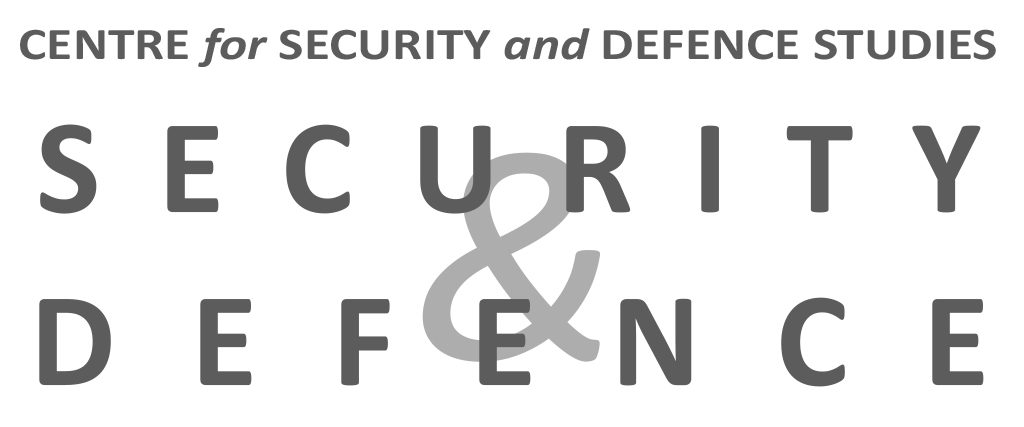
Ressources et enjeux stratégiques dans l’Arctique
Un retour de la géopolitique ?
Resources and Strategic Stakes in the Arctic: A Come Back of Geopolitics?
The Arctic region is going through unprecedented changes in its physical, environmental, geo-economic and geopolitical realities. These rapid changes are having a considerable impact on security in and around this region. The twenty-five years of peace and stability that followed the end of the Cold War had made it possible to set up a regime of security governance in the Arctic, which nevertheless appears today to be at a turning point, showing the scale and scope of its pitfalls and limitations.
Temperatures are rising in the High North and so do ambitions in and towards the region. The rise of the Arctic on the international agenda is no passing trend: it is here to stay (and grow).
In the face of persistent geopolitical tensions between Russia and Western countries – especially among its Arctic neighbours – as well as in the face of the field effects of increased attention on the Arctic from actors outside the region, most significantly revealed by the rapid and multidimensional development of China’s presence in the zone, there is a risk that once limited tensions will eventually spill over, and that broader geopolitical considerations essentially from outside the Arctic will crystallise in its melting ice.
The question therefore arises whether Arctic cooperation can survive external shocks and continue to address the broad spectrum of current and new security challenges. From and in the Arctic, tomorrow’s world is in the shaping. This research examines the complexity of the drivers and conditions of the changing shape of the Arctic and addresses the key questions and strategic challenges posed to its security by the changing geopolitical dynamics of this early 21st century.

